
Networking with leaders and experts from business and innovation


Networking with leaders and experts from business and innovation

Engagement in prestigious projects and collaboration with companies, institutions, and universities

Knowledge and experience that go beyond the classroom
We pride ourselves on quality partnerships. We participate in prestigious events, connect students with professionals, and are active contributors to industry discussions. Through these connections, our students gain practical know-how, and our partners benefit from new talents, ideas, and impulses.
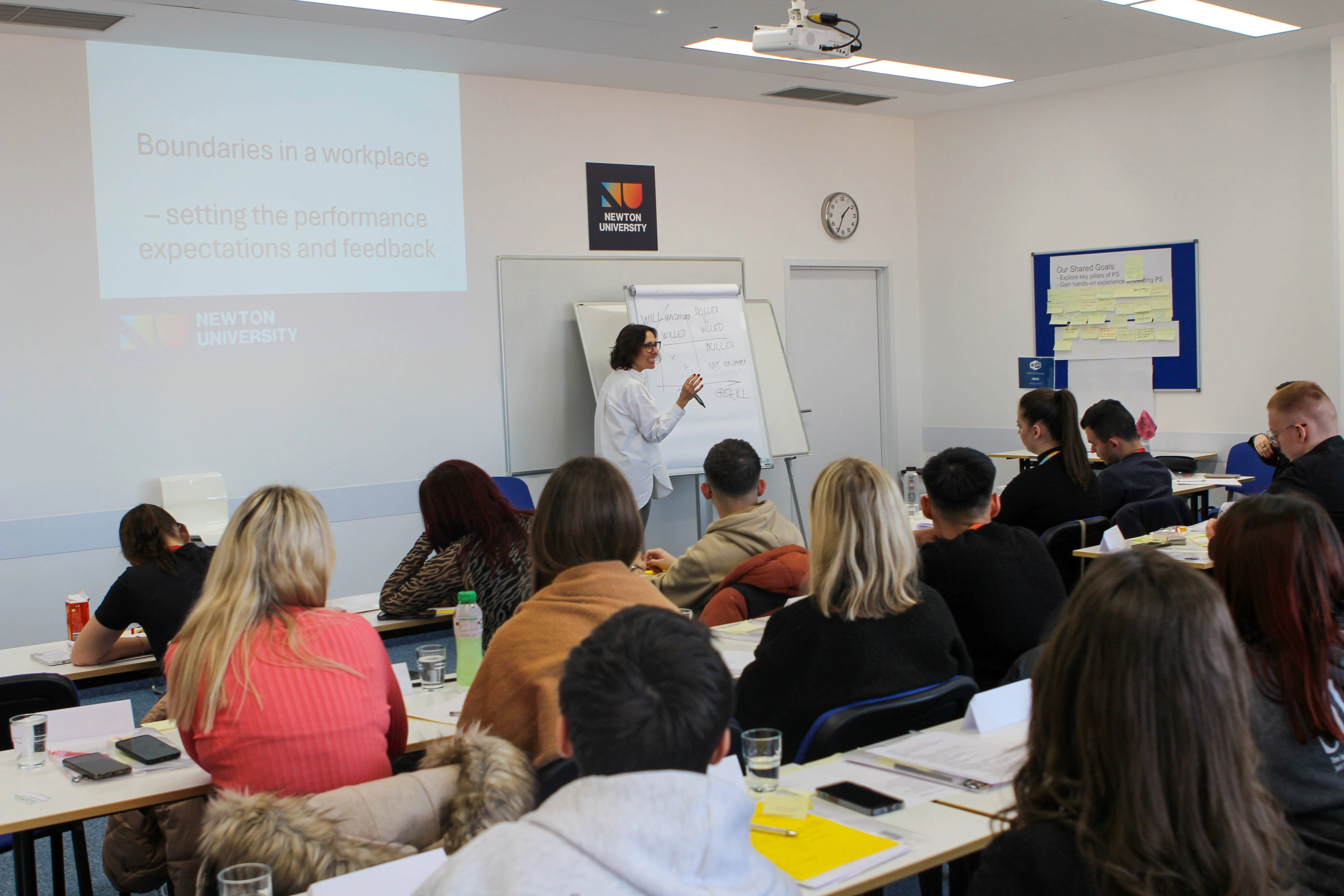

Discover our current research focus and the academic topics we’re advancing.
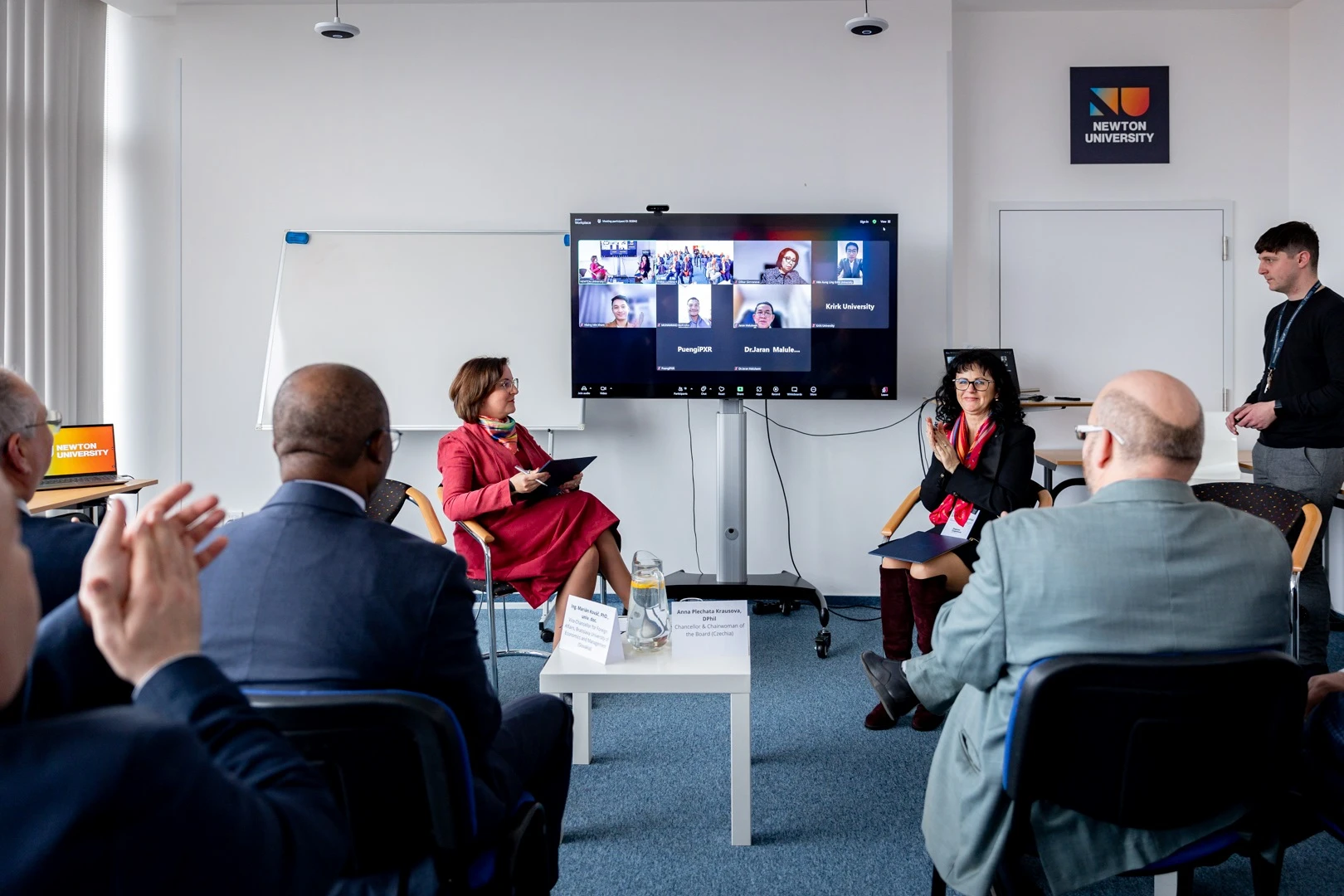

We work with the best business schools around the world. We share know-how, engage in joint projects and develop a global network of partners.
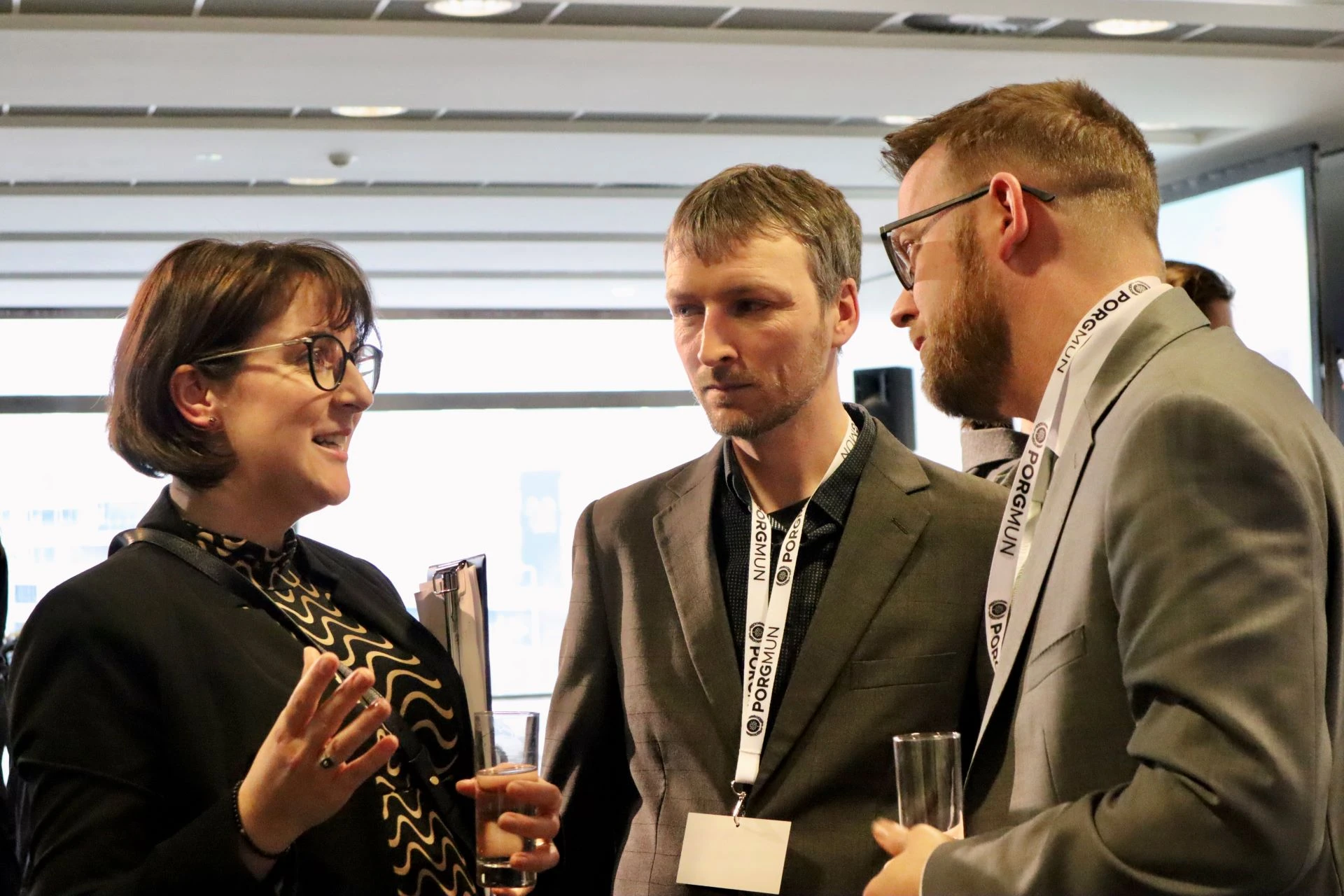

We support school leadership through the EDULeaders Club and at the same time bring programmes for students. We offer lectures, workshops and practical inspiration that help schools and their pupils move forward.
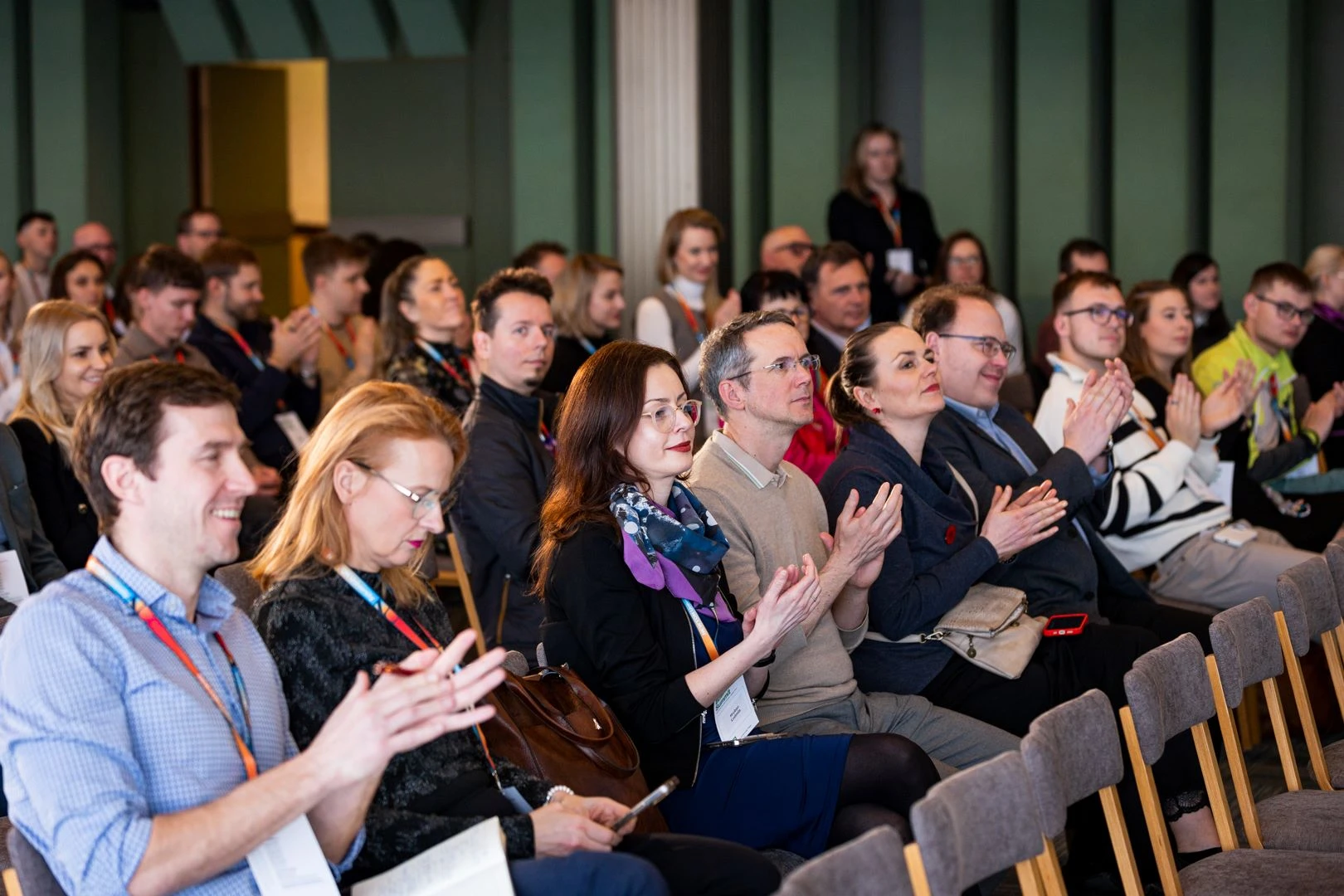

We educate individuals, teams and entire organisations – with real results that show in practice. One-year study programmes leading to MBA, MSc, and LL.M. degrees open up new professional opportunities.
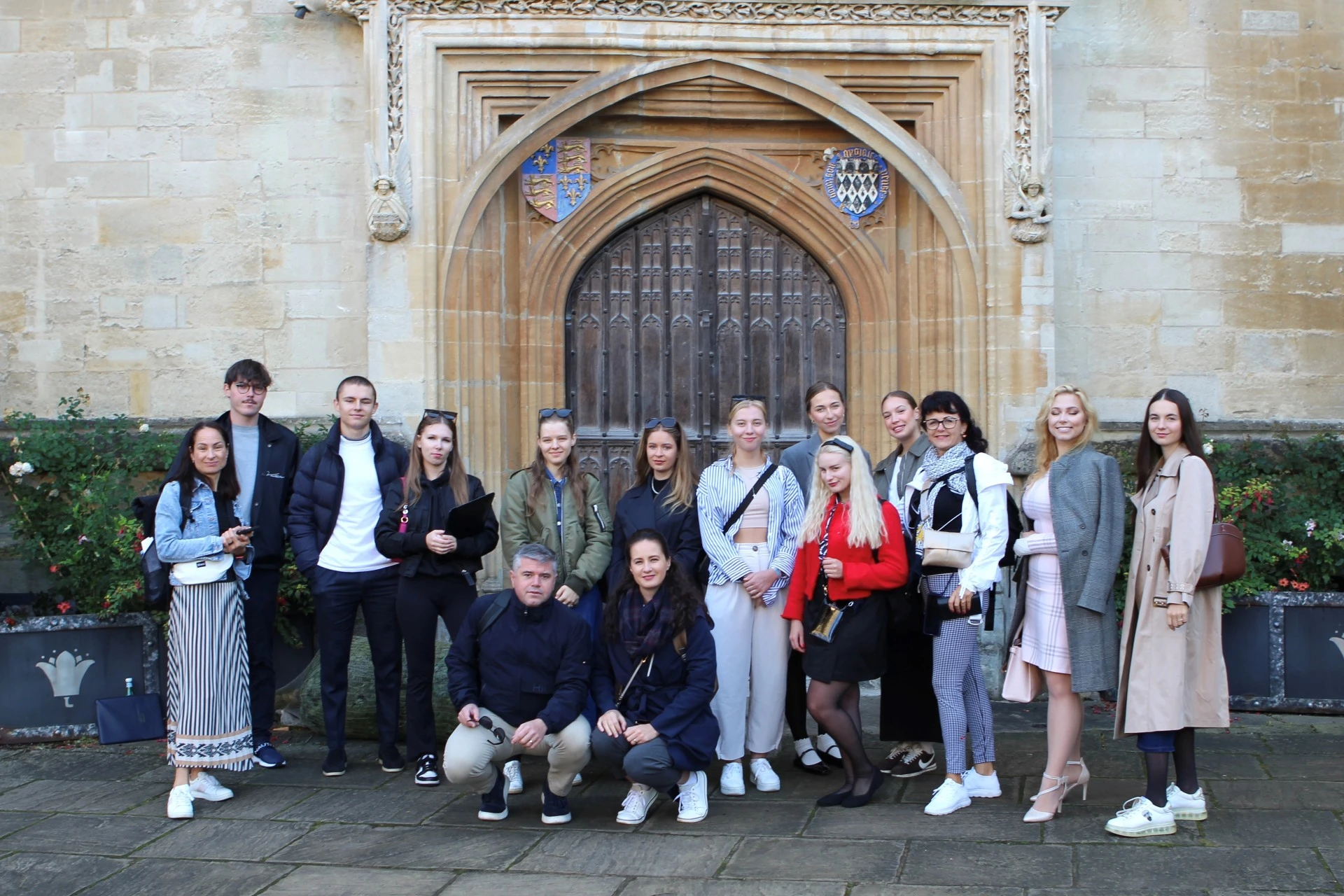

Summer schools and programmes take students’ and young professionals’ knowledge and careers to the next level. They take place both in the Czech Republic and abroad, for example in Oxford, and focus on intensive learning experiences that combine theory with practice. They offer opportunities for networking, gaining new experiences and finding inspiration that helps you move forward.
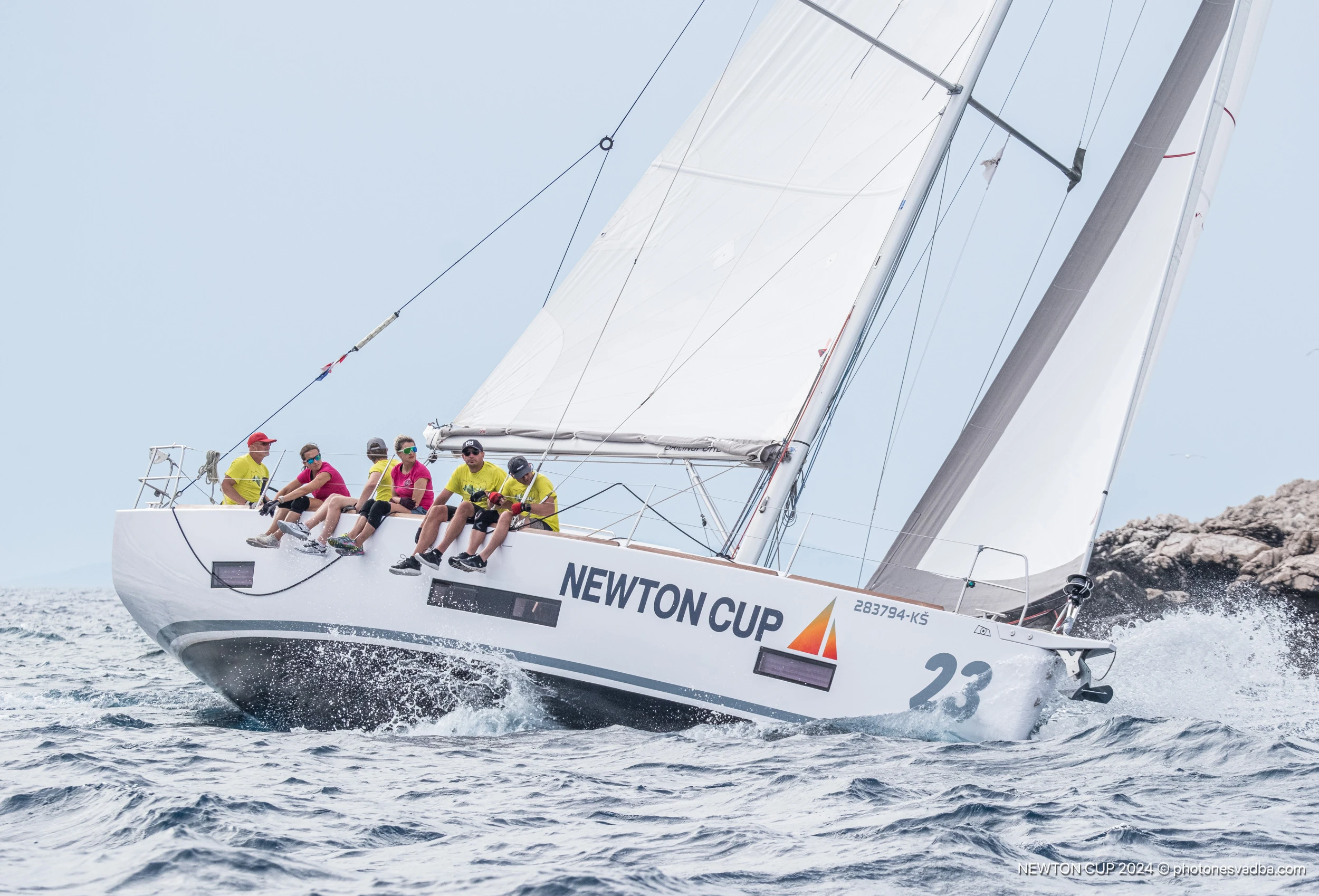

A university club for everyone with a passion for yachting and NEWTON. We connect students, alumni and colleagues across campuses – on the water and beyond. We’re building a community unafraid to sail into blue oceans full of new opportunities.

An institution that has been shaping standards in managerial education since 1996. It serves as our consultant in management and a partner in numerous educational projects. Company motto: „We uncompromisingly lead managers to high efficiency, quality results, and consistent work with people. We ensure managers' independence, competence, and 100% responsibility for results.”

The Czech Association of Managers brings together leaders, entrepreneurs, and experts across various fields. It supports the exchange of experiences between generations and modern approaches in management. It continues the tradition of first-republic associations, whose members included Tomáš Baťa. NEWTON participates in the Manager of the Year conference and other professional activities.

Czech Goodwill is a prestigious award for companies that people value – for their ethics, responsibility, and contribution to society. Corporate responsibility is not just a phrase for us. That's why we repeatedly support Czech Goodwill and are a long-term partner of this initiative.

We are opening the door to new lecturers who can deliver lectures and seminars at a high standard for bachelor’s and follow-up master’s students. Areas we are interested in include Marketing, Economics, Management, Psychology, Accounting, Law, Data Analytics, Artificial Intelligence, Sustainability, and more.


We work with experienced partners

We are members of leading professional associations

We collaborate with many universities worldwide
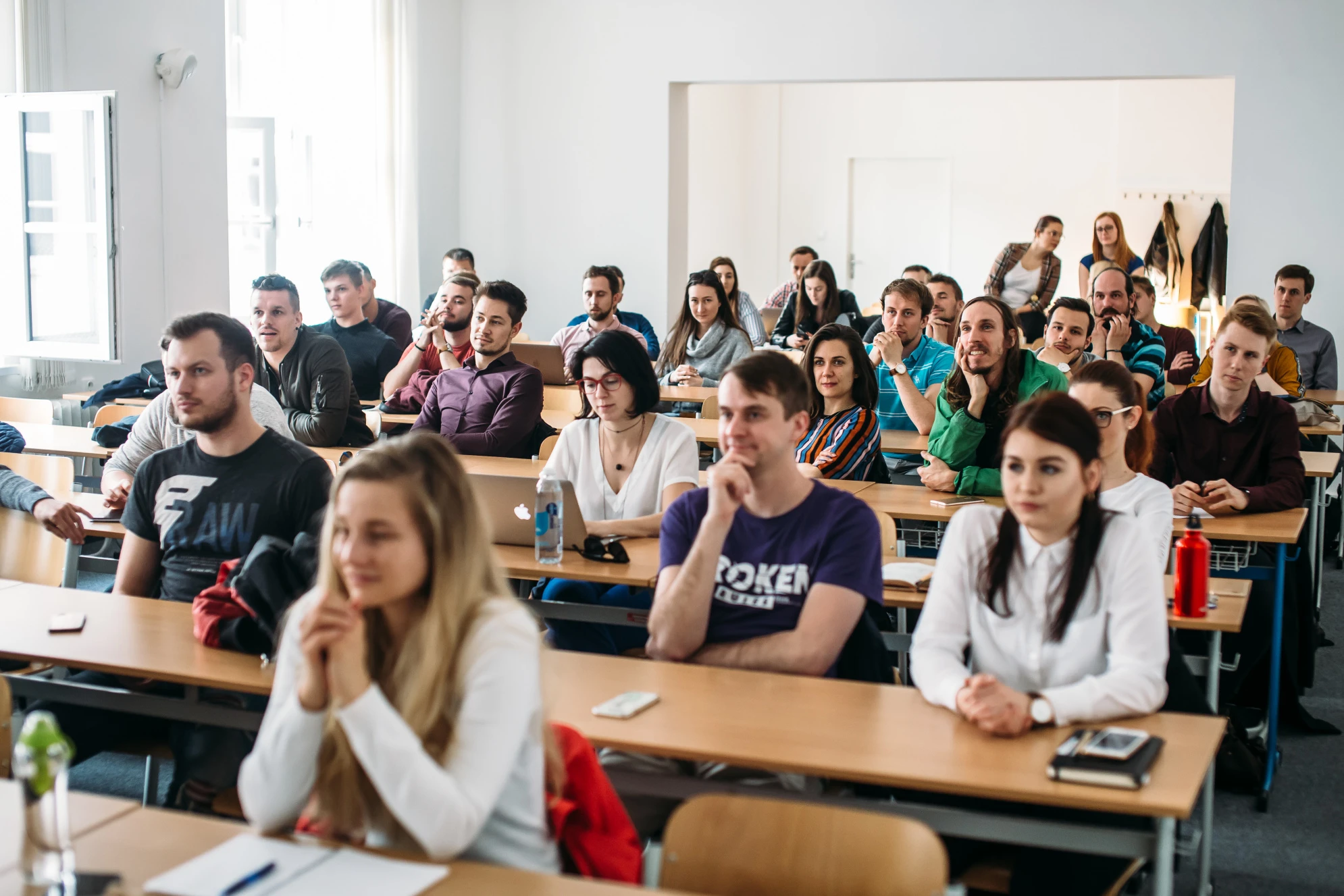

We are proud partners of the Marketing Festival 2024 and 2025. Lectures, discussions and student workshops achieved a 99% satisfaction rate. Some of the workshops were led by our lecturer Karel Novotný and alumna Martina Nečasová.
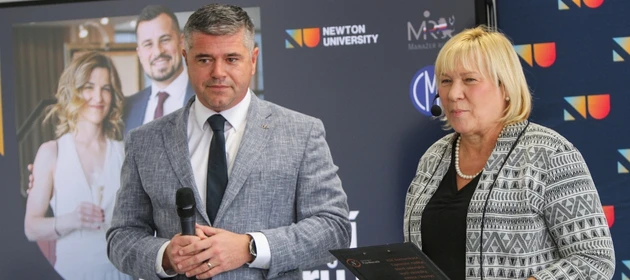

In cooperation with the Czech Management Association, it presents the Managers of the Year Conference, a key platform for sharing best management practices and practical experience from leading leaders.
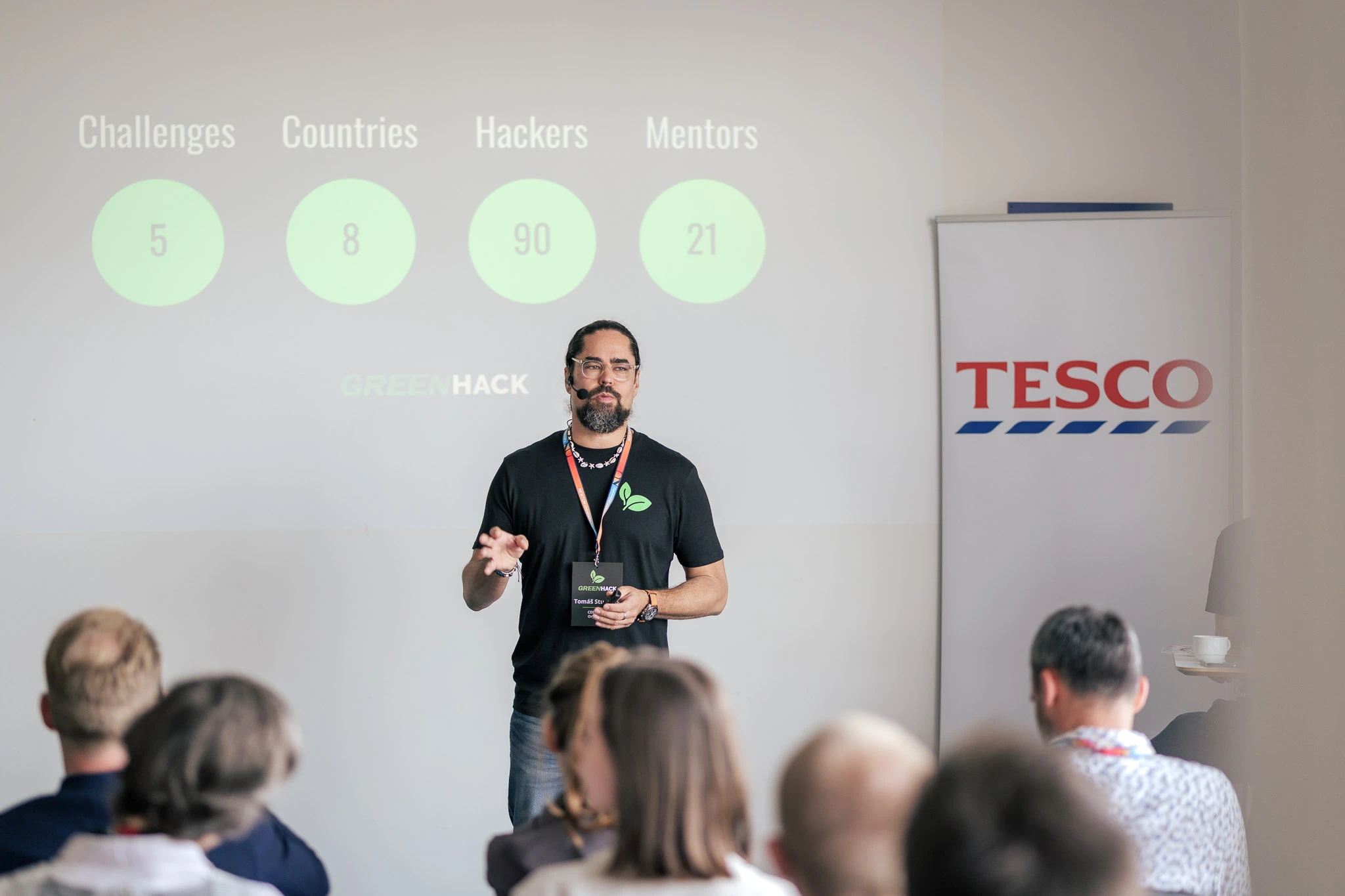

An international hackathon focused on sustainability, ecology and future challenges. The event connects innovators, developers and experts looking for solutions for a better world.
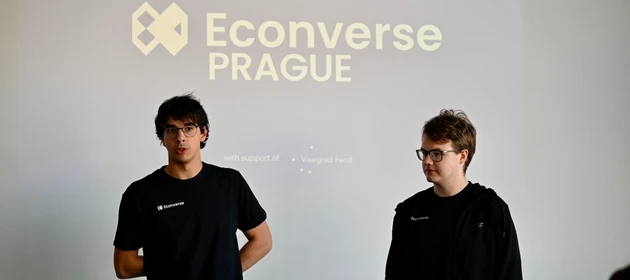

We were proud partners of Econverse V4, a business creation simulation for young people. The event featured inspiring lectures, valuable new connections, and top mentors who introduced participants to the world of startups.
Notice